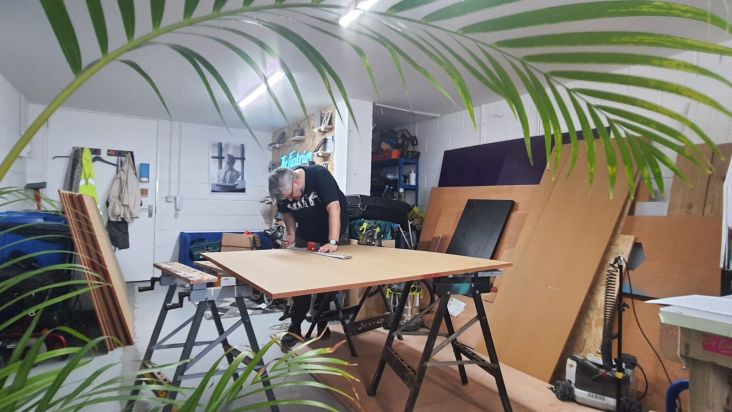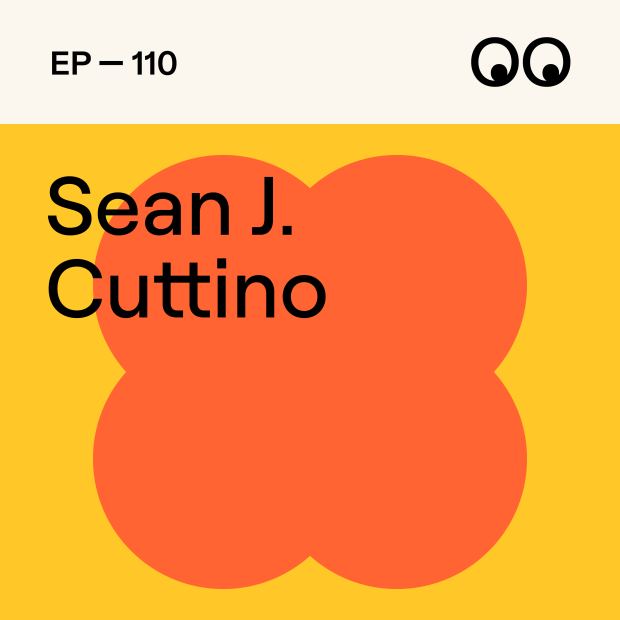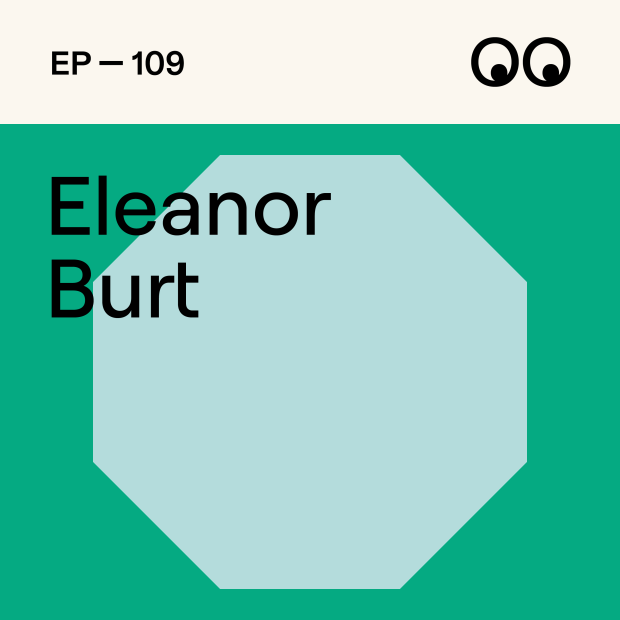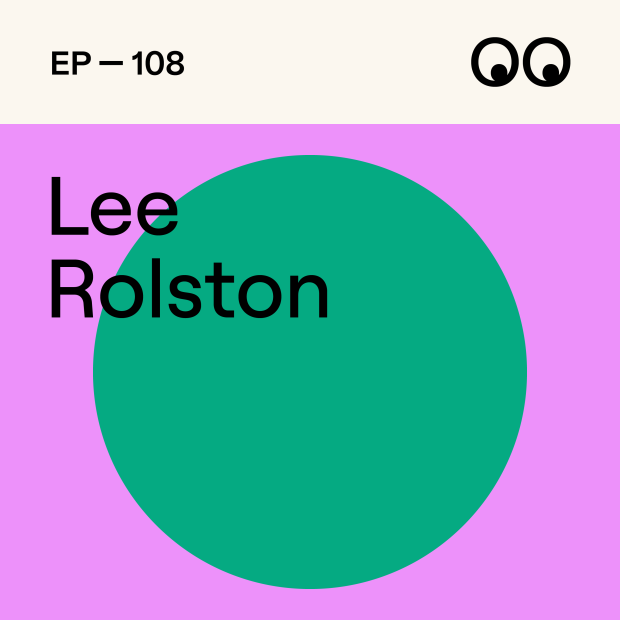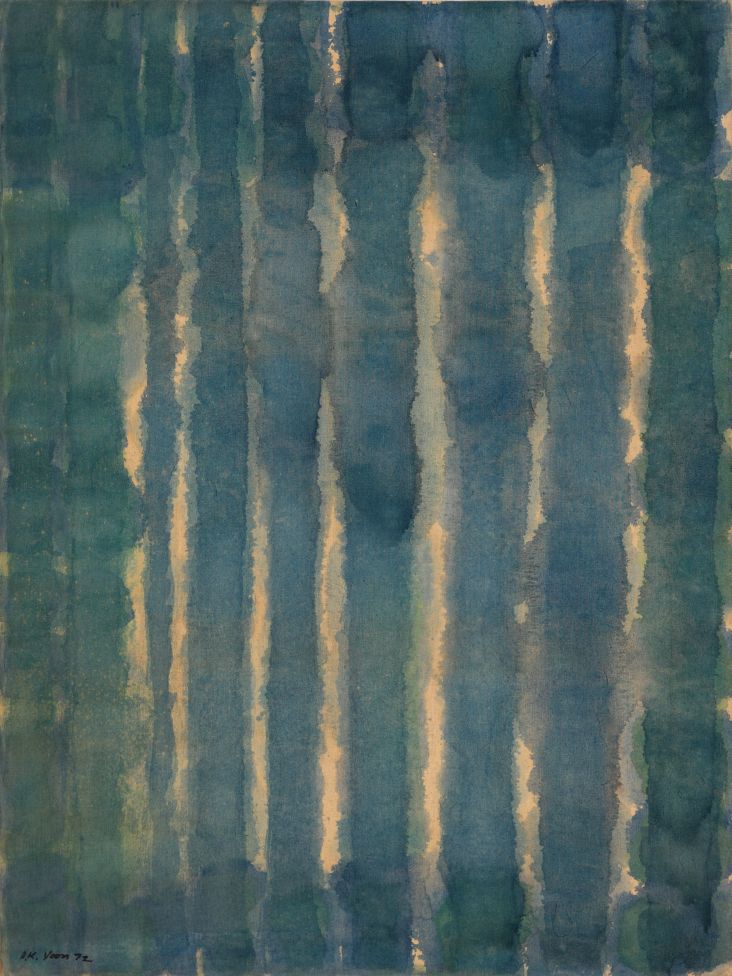Love to critique other people's work? Here's why a positive approach can boost your career
We've all been tempted to be snarky about creative work we don't like. Here's why you should fight the urge and how constructive positivity can boost your career in unexpected ways over the long term.

Image licensed via Adobe Stock
Just imagine it. You've slaved over a creative project for months on end and poured your heart and soul into every aspect of it. You share it with a client, a stakeholder, a colleague or a friend, and all you get back is negativity. Not a nuanced critique, not constructive feedback, but simply "I don't like it", "That colour is awful", or worse.
We'd all hate to have that experience. But hand on heart, can any of us say we haven't dished it out to others?
Most of us, at one point or another, have seen a project we didn't like on a blog, an agency website or social media and have at least been tempted to lay into it. There's something reassuring and protective about slagging something off when we don't know the creators directly or what they've had to go through to create it.
Nice to be nice
It can give us a bit of an endorphin hit, and make us feel empowered, to turn to the person sitting next to us and laugh at its flaws. Or even leave a stinging comment on the website or social media platform it's being shared on.
But when that happens, it's good to flip things around and consider how we'd feel if we were that creator.
Once you make that empathetic leap, it might prompt you instead to post something positive and engage with the design studio. Something good can always be found in every project, even if you dislike their choice of font. That might ultimately lead you to get to know them and build a relationship. They might get curious and look at your profile. You could share your portfolio with them too.
In short, it's nice to be nice, and it will help your career over the long term. So why do we so easily get sucked into negativity and short-term thinking instead?
Negativity springs from fear
Fashion and lifestyle PR Emma Starrs believes that fundamentally, our tendency towards negativity stems not from an innate nastiness but from an underlying sense of fear. "I'm seeing post-2020 that people are scared," she says. "In business, in life. This anxiety is making even creatives less inclined to take risks and to fault-spot more keenly."
Underneath all the bluster and false confidence, many of us are basically afraid of losing out or being left behind. We may not admit it to others or even ourselves, but that's what ultimately drives our instinct to snark.
Founder of New Friend Studio Noelle Hoffman agrees and points out that the antidote to the fear driving our negativity is a simple change of mindset. "Instead of spending all your time worrying about whether something will work out, try shifting your perspective to 'What if it does work out?'" she says. "A mind full of fear has no room for dreaming."
Positivity benefits your career
As well as being good for the soul, this will also doubtless benefit your career. It certainly has for Emma. "What's good is that positivity is rare and refreshing," she notes, "and for me, that's winning a lot of new business and coverage."
Because we spend so much time focusing on skills and technique, we sometimes forget that creativity is, first and foremost, a people's business. And people like to work with people that they, well, like.
Being negative about others' work is unlikely to make people like us. And it doesn't cast us in the most professional light either. After all, we also don't know the full picture: what the clients changed, what the budget restrained. So when we leave negative comments on people's work, it can come across as lazy, naive, and showing a lack of experience.
Empathy is awesome
"Negativity is bound to come back and bite you on the bum one day," says senior freelance copywriter Jonathan Wilcock. "Try empathy instead. 'If I were on the receiving end of this comment, how would it make me feel?' I know I'm sounding like a Sunday school teacher, but if you want good results, you've got to plant good seeds. Being kind, helpful, and optimistic. Who knows how long it will take, but it WILL come back to you eventually."
Jonathan offers a concrete example of how this can play out in practice. "In 2017, I did a Q&A blog post with a designer. Afterwards, he put a word in for me with his agency. Then, 21 months later, they got in touch because an arsey copywriter had let them down. They're now my biggest client. Someone else's negativity, and my planting a seed, worked in my favour. You can read the full story in this blog post."
When the urge to be negative bubbles up, a sense of perspective can also help. "I always remind myself that the successful colleagues I admire today were where I was 10, 15, 20 years ago," says author-illustrator Gila von Meissner. "They did not suddenly pop up successful. I might be them in another five years. Or 20. Who cares. I get to draw every day!"
In short, remember that we are all on our own paths. You won't criticise someone walking slowly up a mountain if you happen to be fitter and faster. You'd stop and help if they asked for it, not tell them where they're going wrong.
"I never get the public shaming or criticising of others," adds Gila. "It doesn't make me any better. It doesn't make me any happier. It doesn't make the world better. It is such a waste of energy."
Be constructive
That doesn't mean, of course, that you have to be overwhelmingly positive about everything: that doesn't help anyone either. Giving a proper, thoughtful critique can actually be more useful and welcomed by a creator than just a bland thumbs-up.
As growth strategist and educator Darnell Brown explains, "Instead of leaving a negative comment, give context to what infuriates you; aim for a more objective truth or your views backed by facts. Also, highlight the positive things about something and ask the creator to do more of that and less of everything else, in lieu of negativity."
The distinction between critique and negativity might sound subtle, but it truly is an important one, as Sana Iqbal, founder of Studio Sana explains. "I do a lot of political-social brand design, and 'criticism' is useful insight, especially from the public realm," she says. "It helps you improve and make stronger campaigns. In contrast, criticism from the industry I take with a pinch of salt, as it's not always grounded in reality."
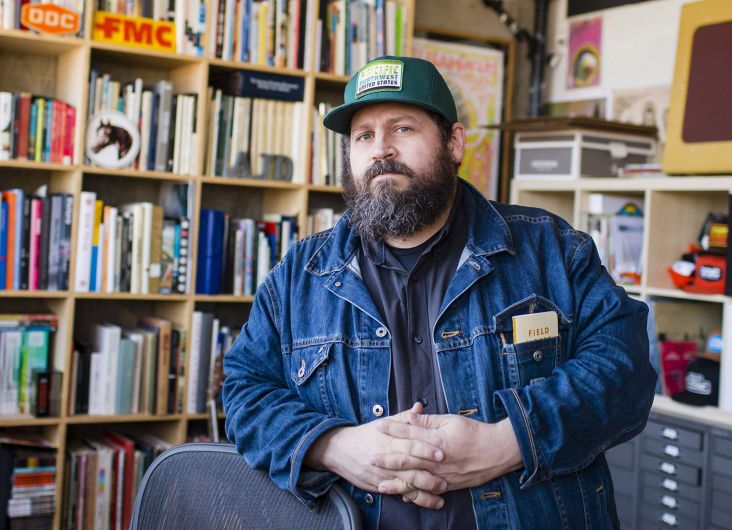


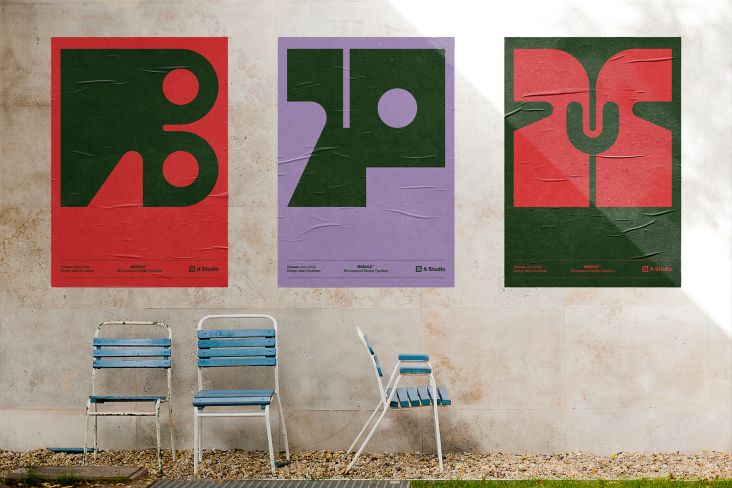
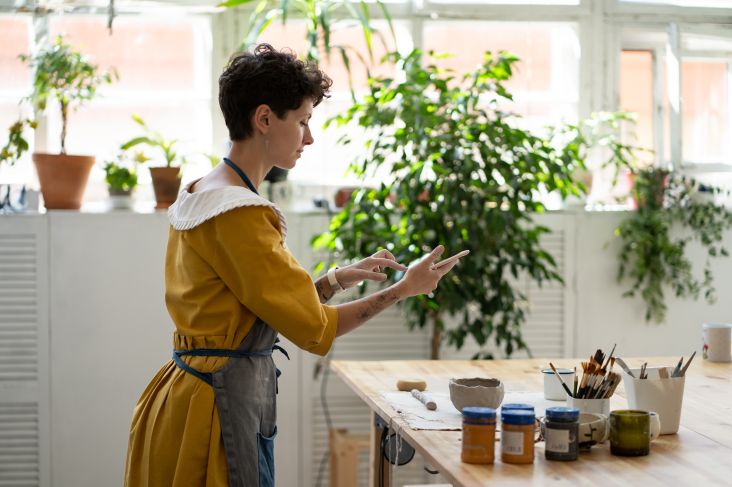
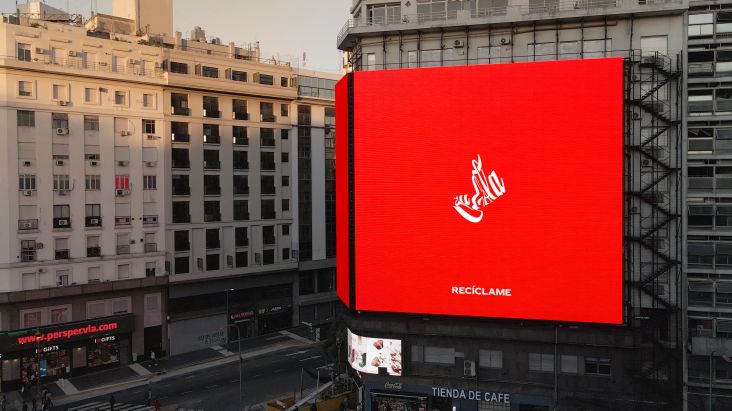
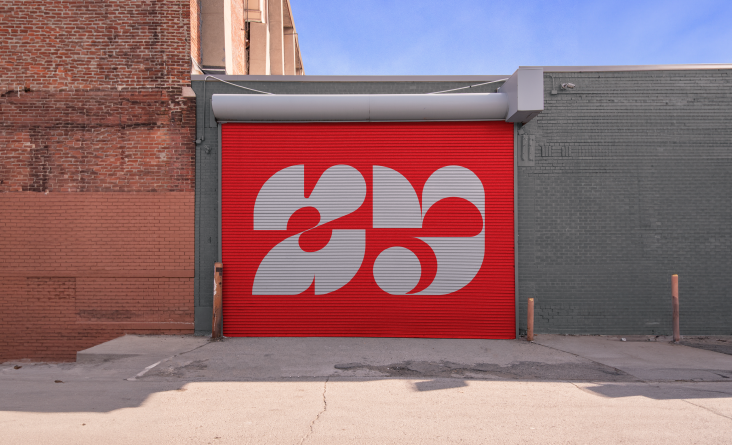
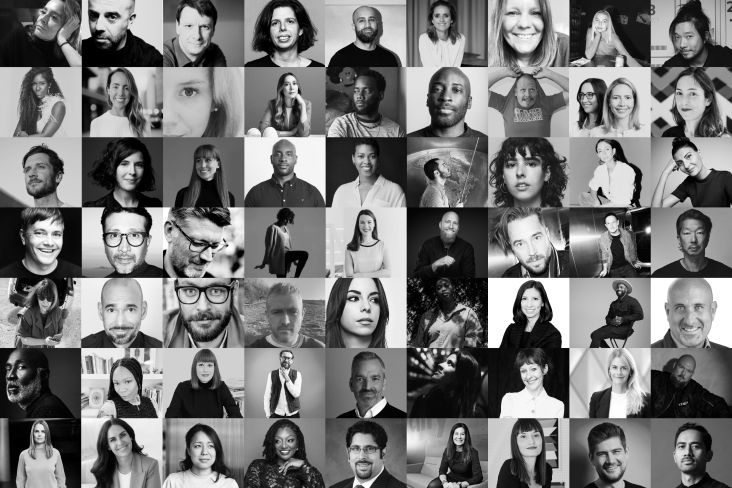
](https://www.creativeboom.com/upload/articles/86/862919952c0ad18439004228895a431dc6e45ffc_732.jpg)
